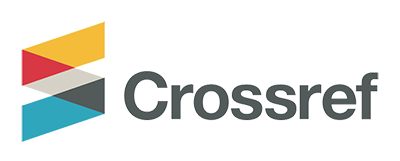Investigating the Efficacy of Neurolinguistics Programming Techniques in Enhancing Vocabulary Learning of BS English Students
DOI:
https://doi.org/10.59075/pjll.v2i2.318Keywords:
Neurolinguistic Programming (NLP), Vocabulary Learning, Language Acquisition, Language Learning Strategies, NLP Techniques, Vocabulary Enhancement, Language Teaching, Second Language LearningsAbstract
This study aims to explore the effectiveness of Neurolinguistic Programming (NLP) techniques in improving vocabulary learning among BS English students at Riphah international University, Pakistan. Employing a mix method research approach, the study adopts a between-subject experimental design with an experimental group n=30 receiving NLP interventions and a control group n=30 without NLP intervention. The participants are native Urdu speakers learning English as a foreign language. The NLP techniques applied include word anchoring, reframing, mind mapping, modeling, and language pattern mirroring. Data collection involves pretest and posttest evaluations of vocabulary skills using a standardized vocabulary test. The purpose of this study is to clarify the possible advantages of NLP methods for improving vocabulary learning in the context of Riphah International University's BS English students. A pretest was used to ensure that both groups were homogeneous and functioning at the same level. The control group's pre-test resulted in mean, mode, and SD. This demonstrated that the two groups are on same level. Visual representations of the Vocabulary results include charts and statistical analysis. A posttest was created following a four-week NLP training session that included the use of mind mapping, anchoring, metamodeling, mirroring, matching, framing, and pattern disruption. The Experimental group performed better this time, which led to some somewhat unexpected findings. Because NLP operates at the fundamental level of the brain and inspires students to take responsibility for their performance, the results demonstrated how NLP approaches impacted the performance of the BS English students. This result indicates students were empowered by NLP techniques to gain self-assurance, discover untapped mental ability, become more aware of their hidden talents, and do well on the vocabulary exam.
Downloads
Published
How to Cite
Issue
Section
License
Copyright (c) 2023 Panacea Journal of Linguistics & Literature (PJLL)

This work is licensed under a Creative Commons Attribution 4.0 International License.




















